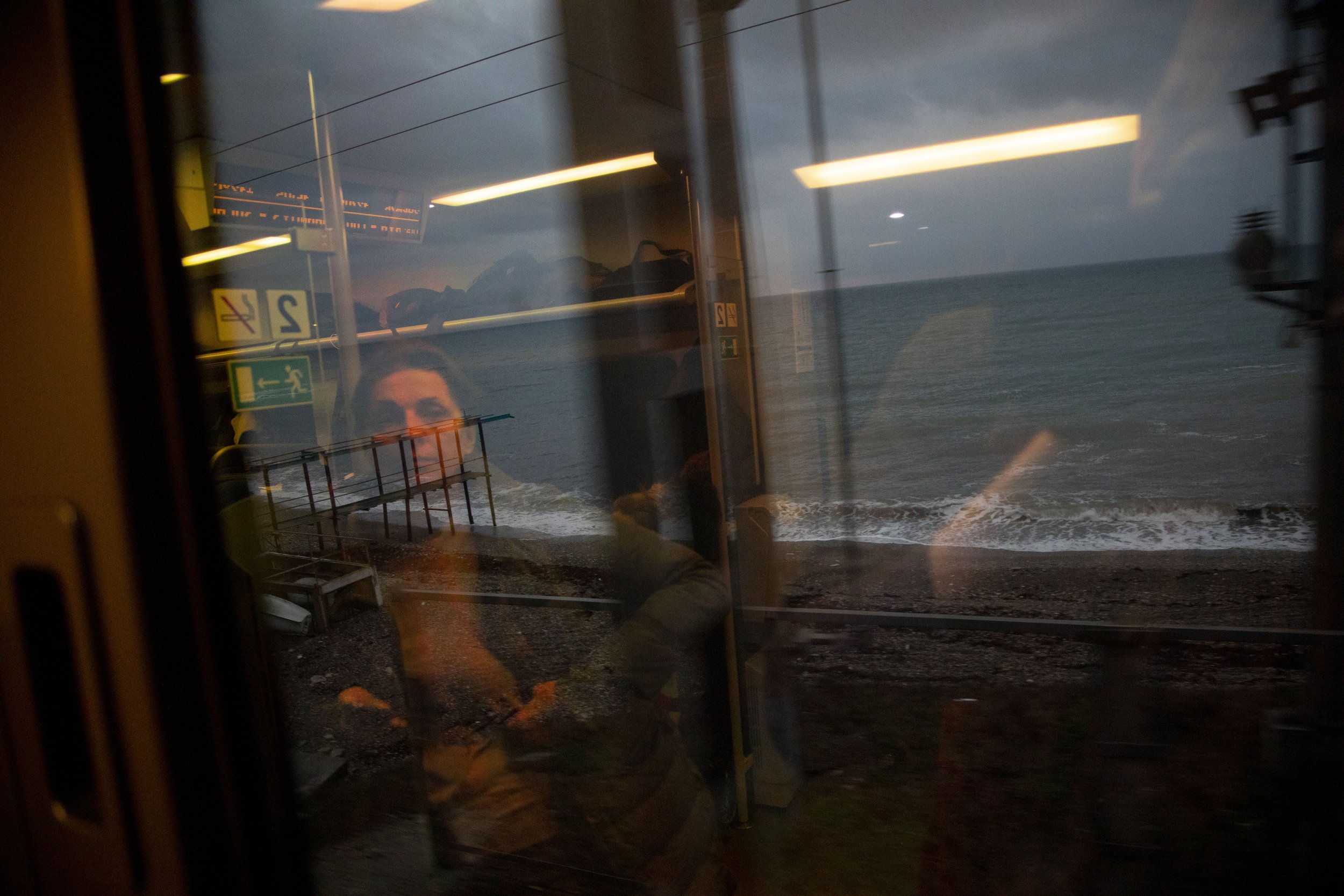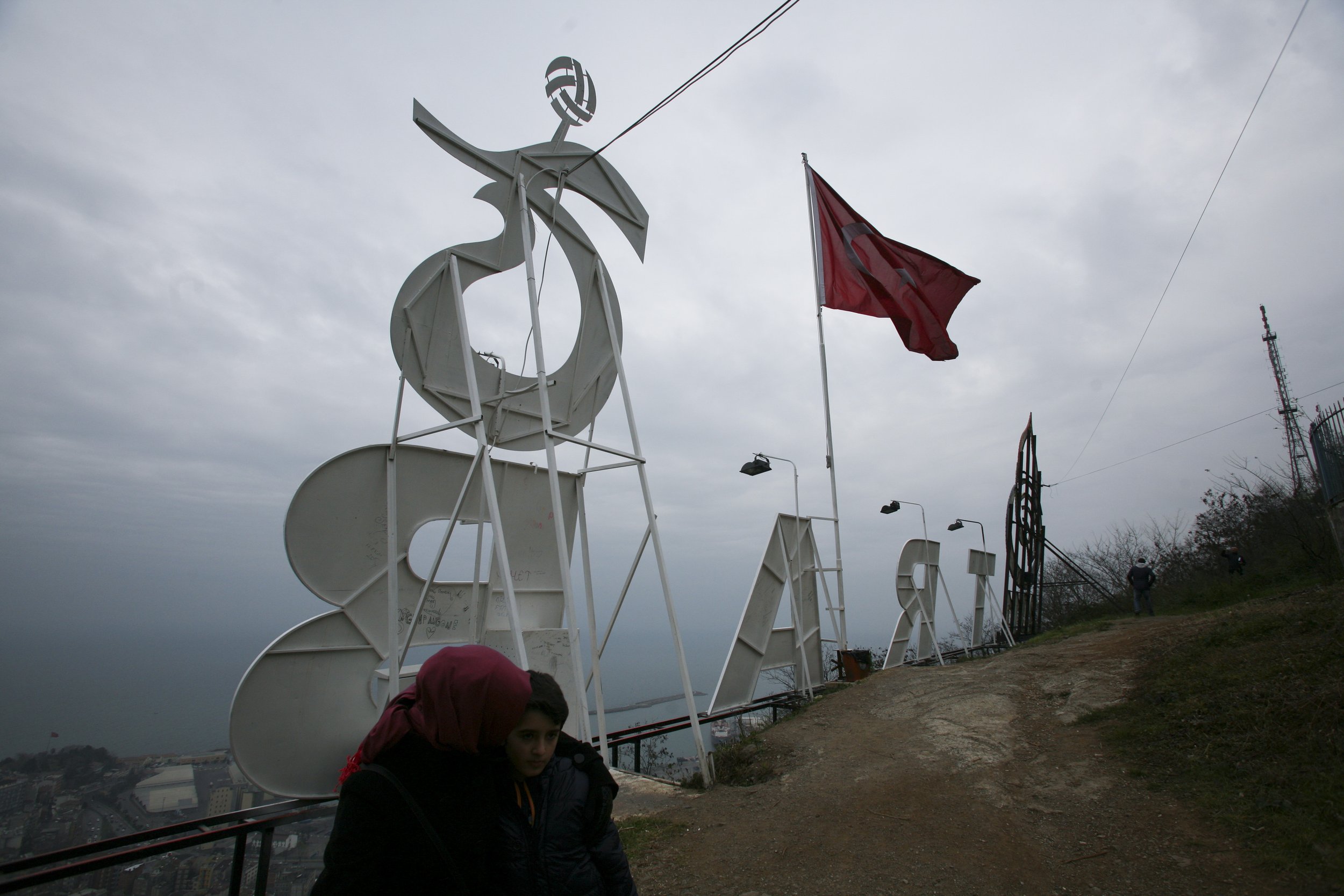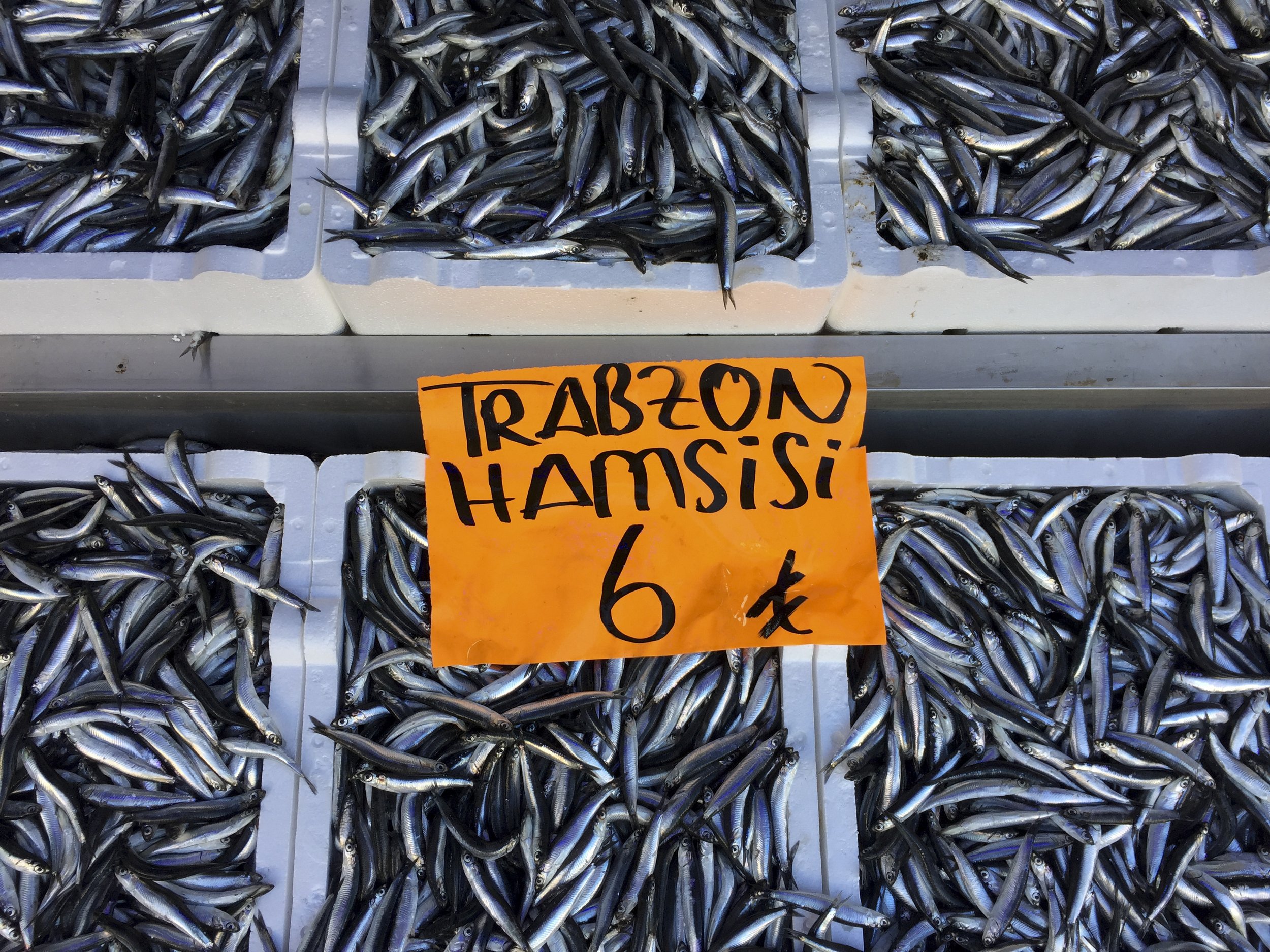
Dissertation:
“Black Sea, Cold War: An Environmental History of the Black Sea Region, 1930-2005” (Princeton University, June 2023)
My dissertation is an environmental and transnational history of the Black Sea region, primarily during the Cold War. The Black Sea is one of global history’s most combustible chokepoints—at the heart of the Crimean War, the Ottoman collapse, and this century’s Russo-Ukrainian conflict. The Cold War added another chapter to this fractious history, bisecting the region into a communist north and a NATO-aligned south.
Yet despite nearly five decades of ideological rivalry, the Black Sea states were still connected by the natural environment. Black Sea, Cold War argues that the region’s capitalists and communists—by damming, fishing, and polluting the same waters—continued to shape each other’s fates, sometimes unwittingly. It explores regional entanglement across three sectors: scientific research, conservation, and resource management. How did the sea’s ecological unity challenge its geopolitical division? How did Soviet, Turkish, and Balkan actors manage their aquatic commons in concert with environmental forces?
The dissertation confirms that ecological processes, by unspooling across national boundaries, can inspire surprising partnerships. However, the elevation of a material connection into a mutual interest is not automatic. Black Sea environmental diplomacy hinged on interest groups that both recognized transborder concerns and had the domestic clout to penetrate the littoral’s political membranes. Bloc mentality softened the barriers between allies and hardened those between rivals, but it did not foreclose dialogue altogether. Indeed, regionalist solidarities rooted in shared goals or crises could withstand even major diplomatic disagreements, provided they were sufficiently institutionalized.
To map the Black Sea’s interconnections, the dissertation is object-oriented. Each chapter traces a material circulation that transcended the Iron Curtain. Case studies include cultural artifacts such as scientific research, as well as a diverse cast of nonhuman border-crossers, including anchovies, pollution, dolphins, Chernobyl radioisotopes, invasive jellies, and a dam that straddled the Soviet-Turkish border. The dissertation, by extending its analysis beyond the postwar decades, argues that distinct geopolitical arrangements—e.g., the Cold War—also function as distinct environmental orders. In this way, the project models a comparative approach to the modern history of oceans and other transnational spaces, whose trajectories are obscured by universal narratives of globalization or ecological decline.
Committee: Stephen Kotkin, Catherine Evtuhov, Michael Gordin, Michael Reynolds




Header photo: Stairs to nowhere outside of Novorossiisk, 2019.
Gallery (clockwise):
Train ride between Tuapse and Sochi, 2019.
Sochi sunset, 2019.
Anchovies for sale (pre-mega-inflation) in Trabzon, 2016.
Behind the Trabzonspor sign on Boztepe, 2015.